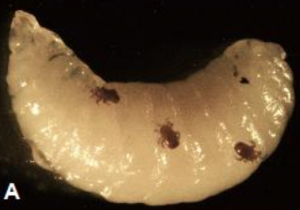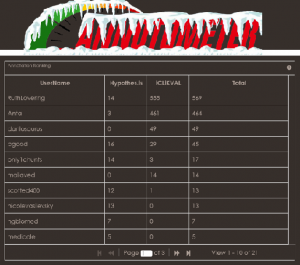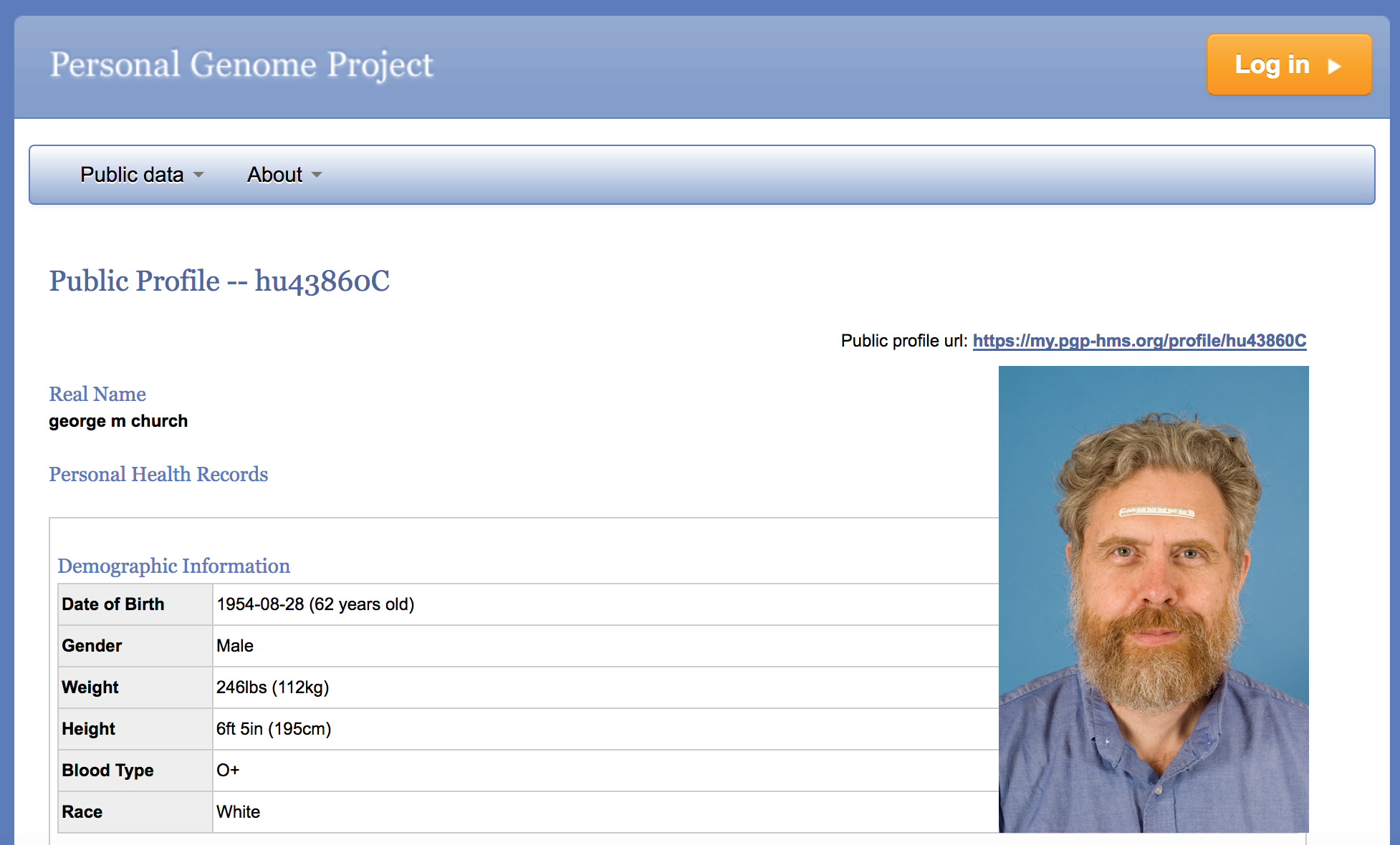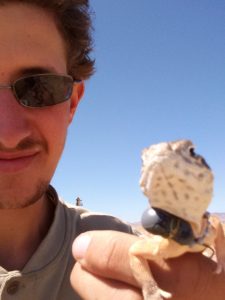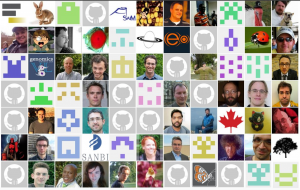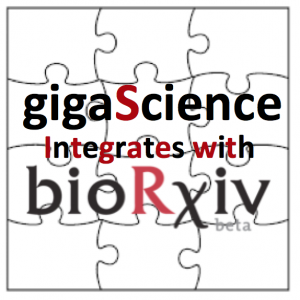
Authors can now submit their bioRxiv preprints directly to GigaScience via the biorXiv platform, at the push of a button. This handy technical integration is another hallmark of biology preprints becoming a normal, accepted, and speedy way of communicating research results. Pre-prints, versions of a scholarly paper that precede formal publication in a peer-reviewed journal are becoming increasingly mainstream.
